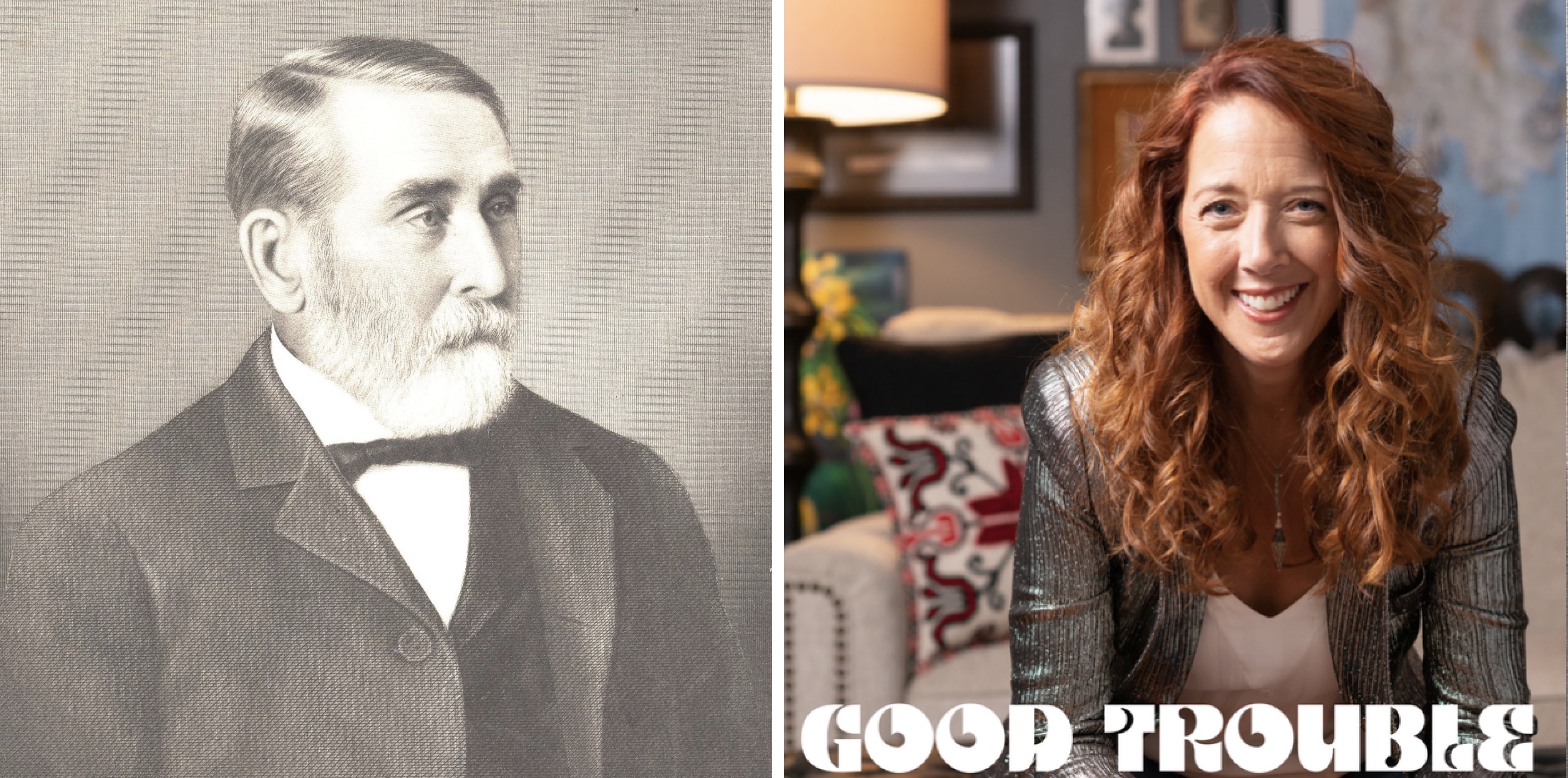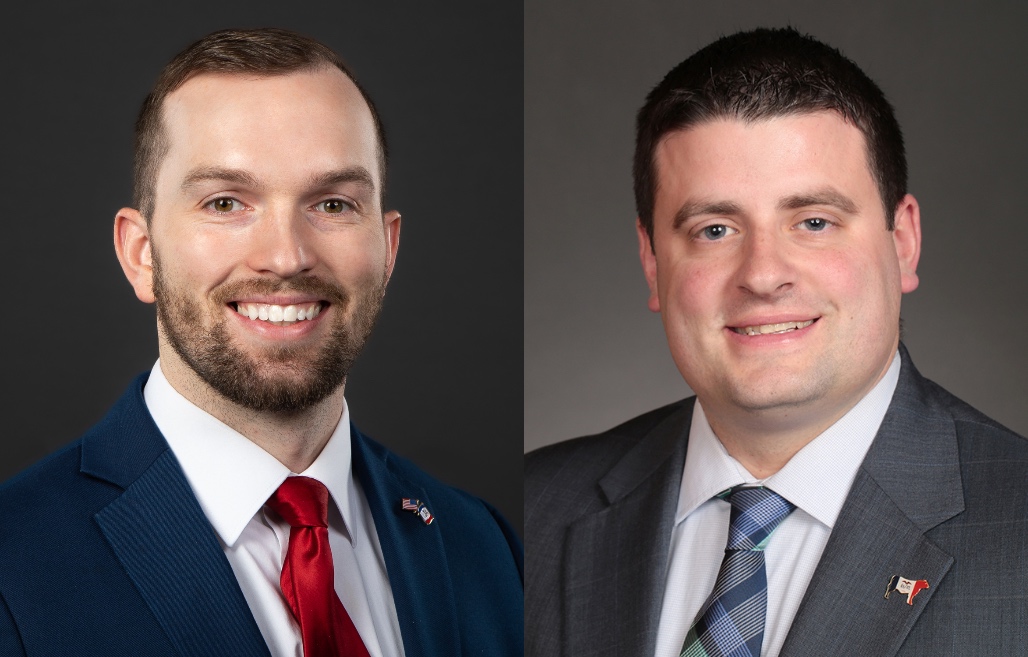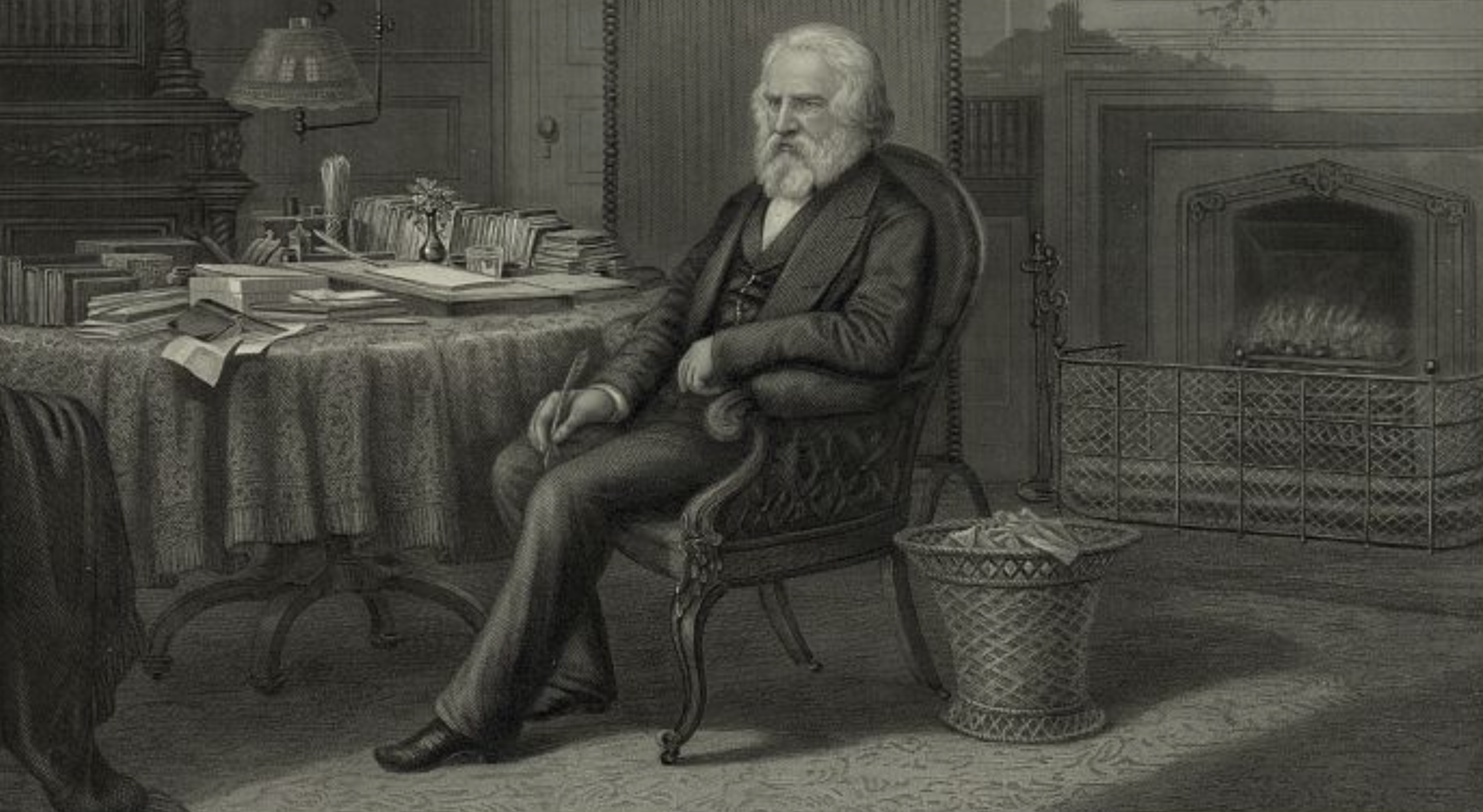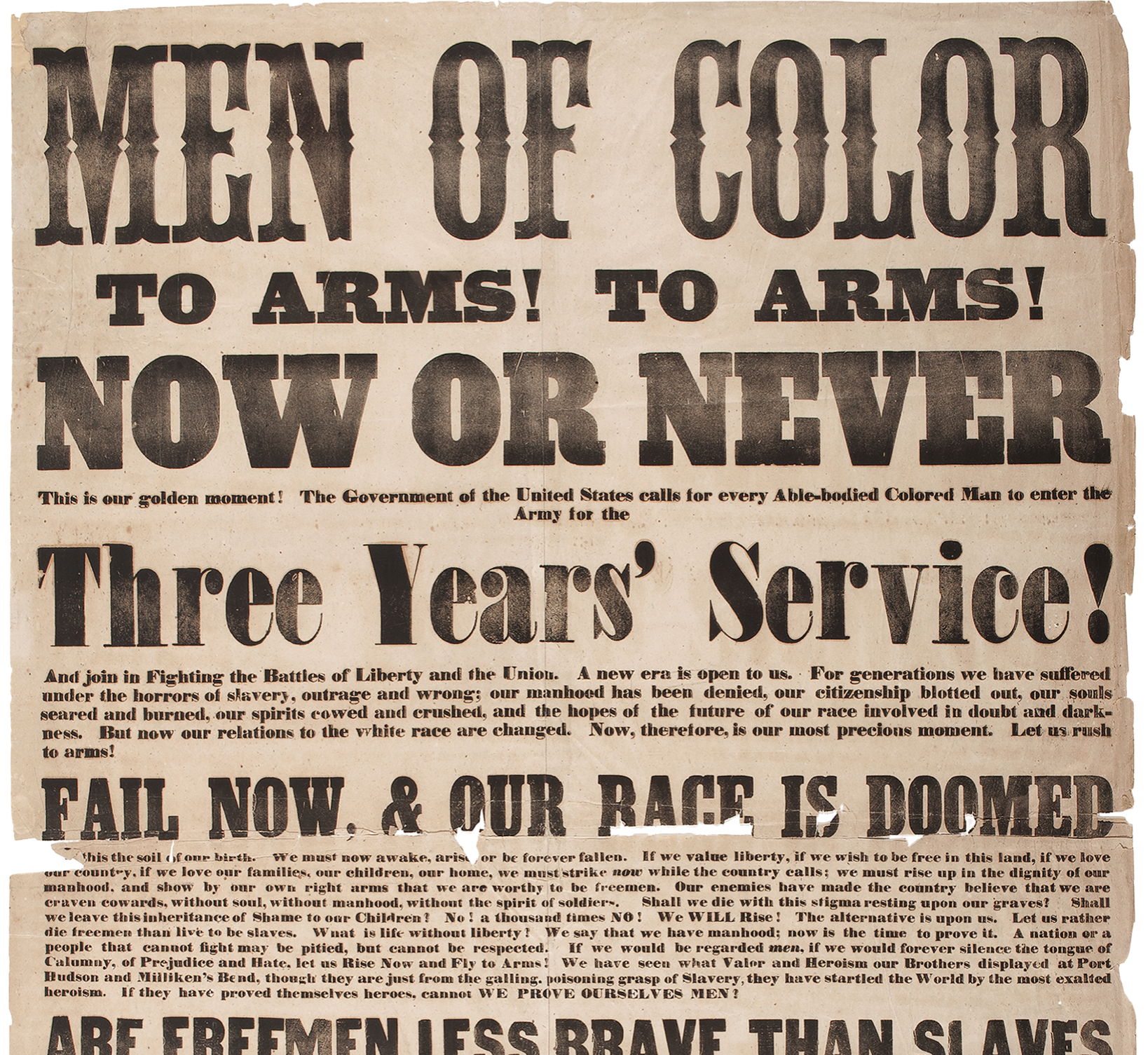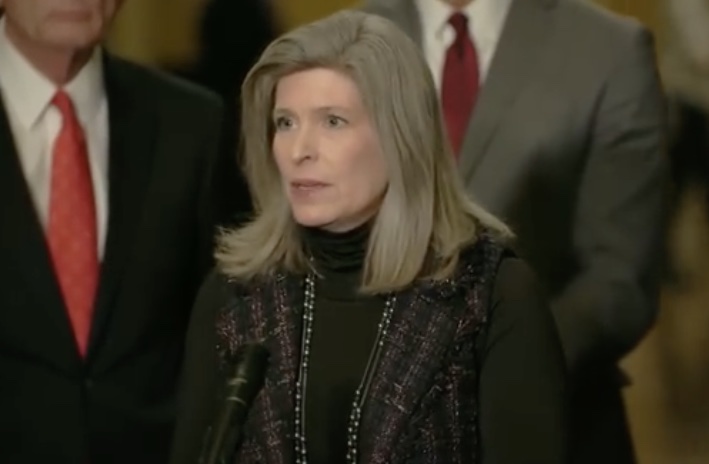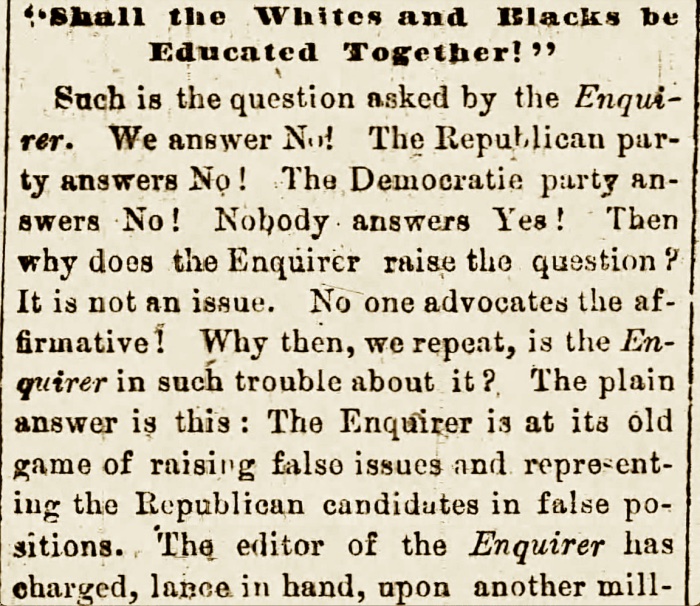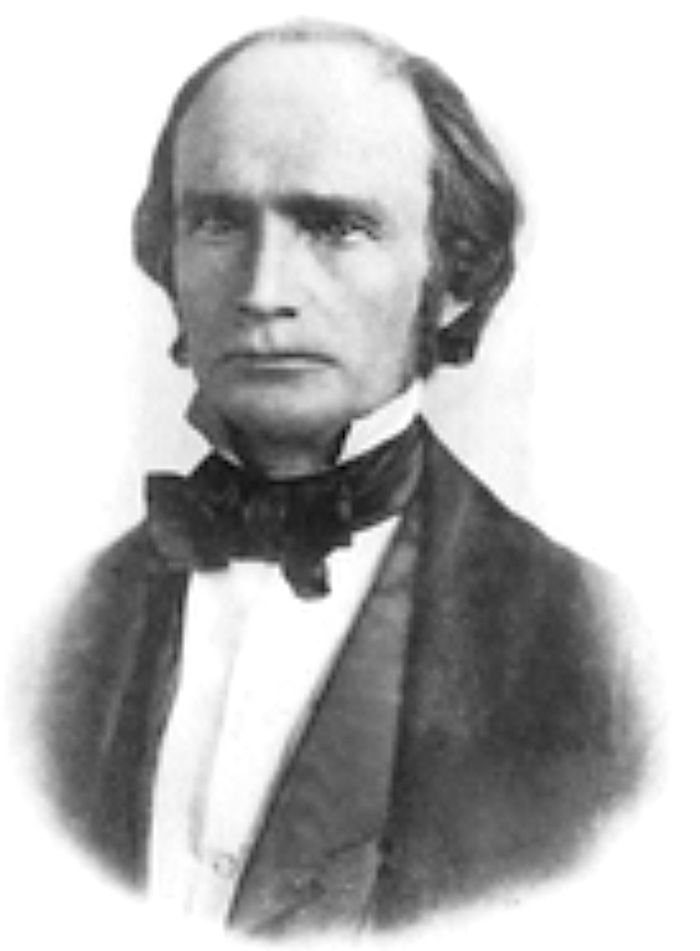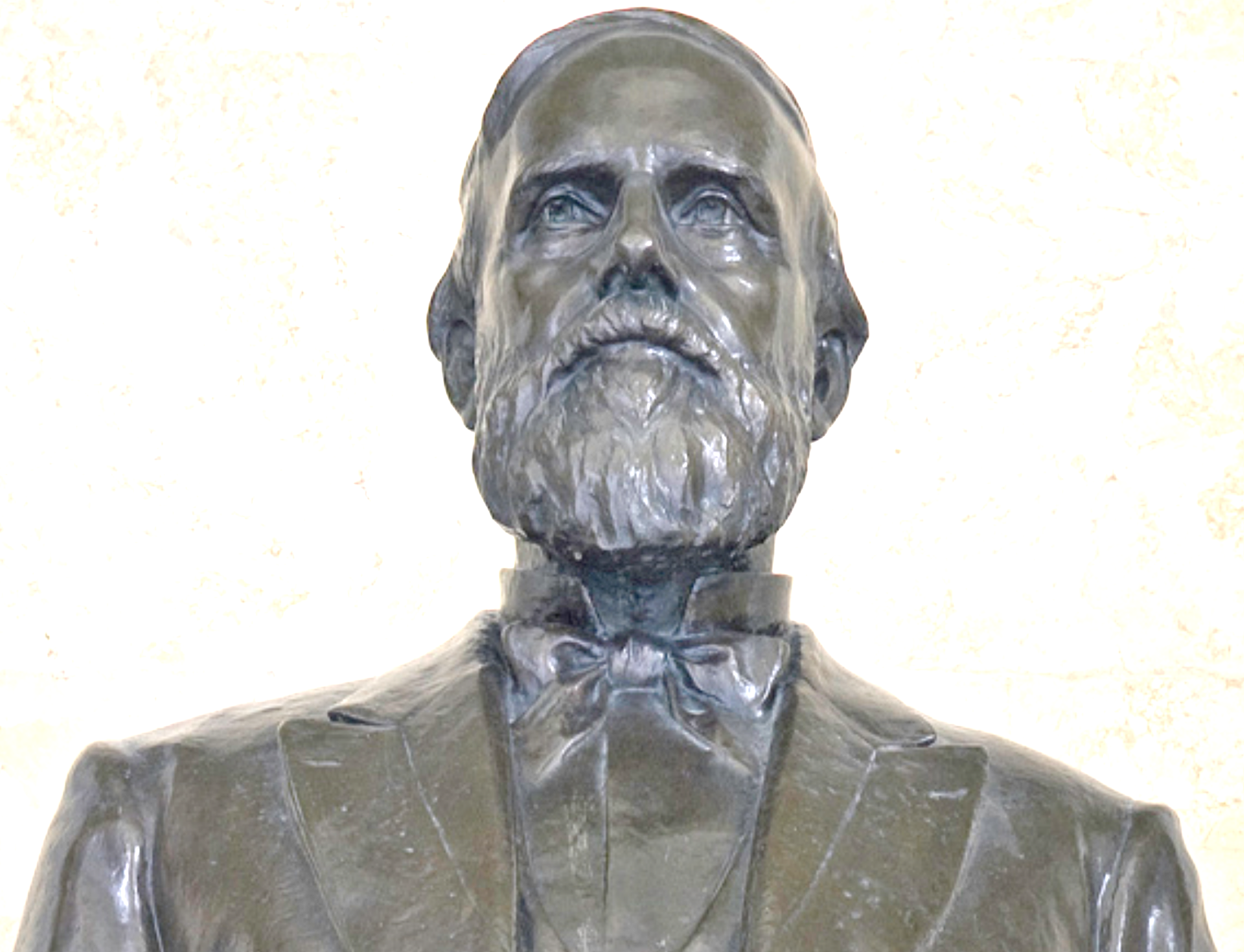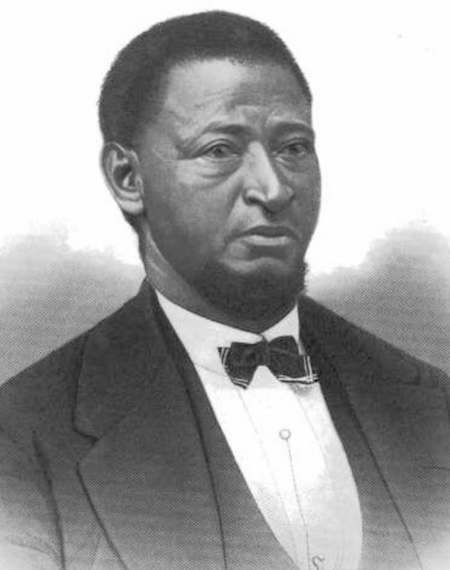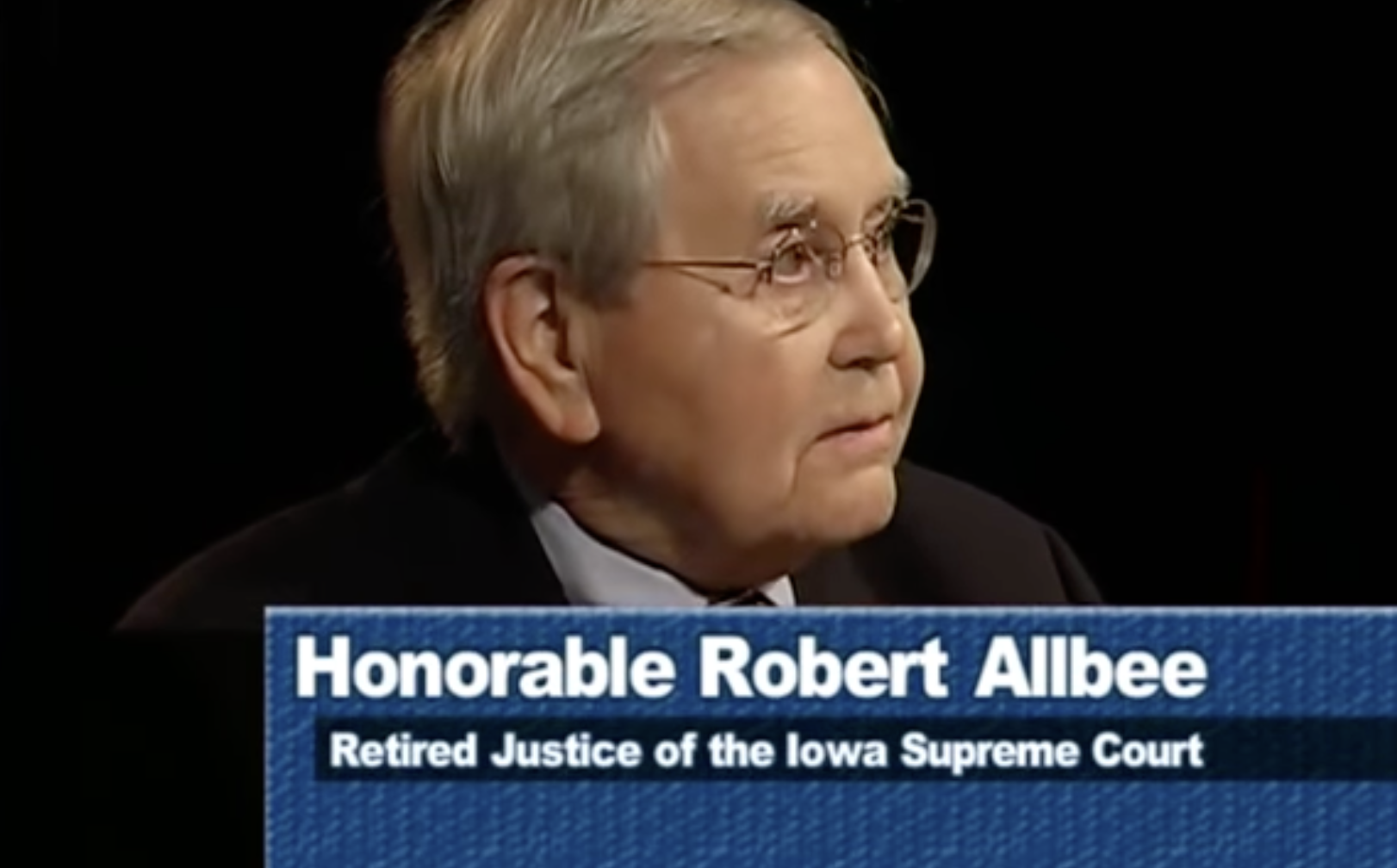As the Iowa legislature’s first “funnel” deadline approaches, Republicans have introduced more than 30 bills targeting the LGBTQ community, roughly double the previous record. More than a dozen of those bills have either advanced from a subcommittee or have cleared a standing committee and are therefore eligible for debate in the Iowa House or Senate.
Until recently, the vast majority of bills threatening LGBTQ Iowans never received a subcommittee hearing. During the 2021 legislative session, none of the fifteen bills in that category made it through the first funnel (requiring approval by a House or Senate committee), and only a handful were even assigned to a subcommittee. Bills consigned to the scrap heap included proposed bans on gender-affirming care for transgender youth and so-called “bathroom bills,” which require transgender people to use school restrooms or locker rooms that correspond to the sex listed on their birth certificate, rather than the facilities that match their gender identity.
In contrast, this week House and Senate subcommittees rushed to pass bathroom bills and measures prohibiting gender-affirming care for minors less than 24 hours after the bills appeared on the Iowa legislature’s website.
How did these policies become a priority for Republican lawmakers in such a short time?
Three factors seem most important.
Continue Reading...

